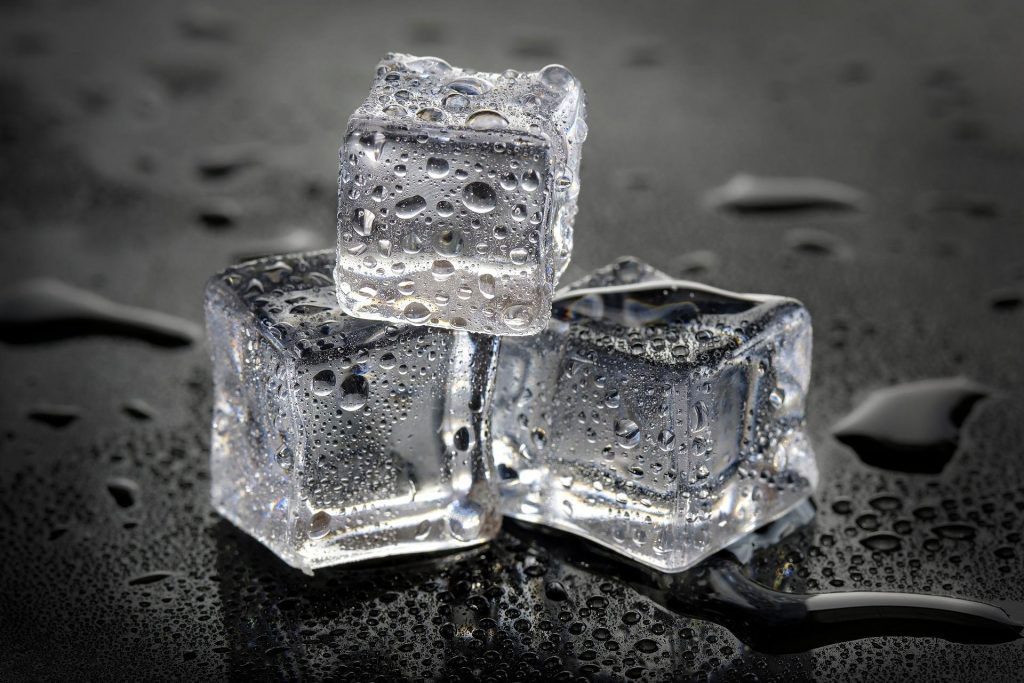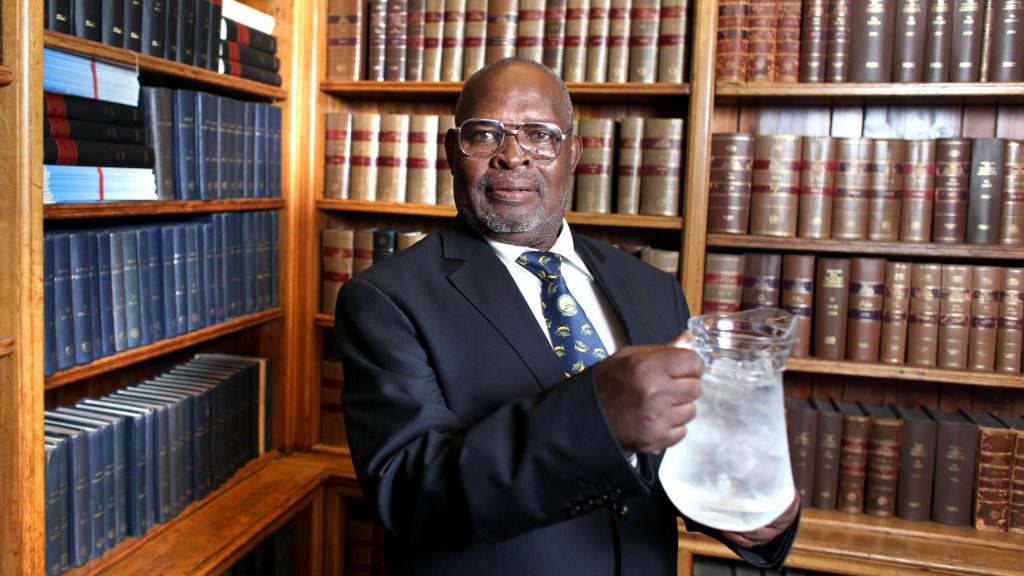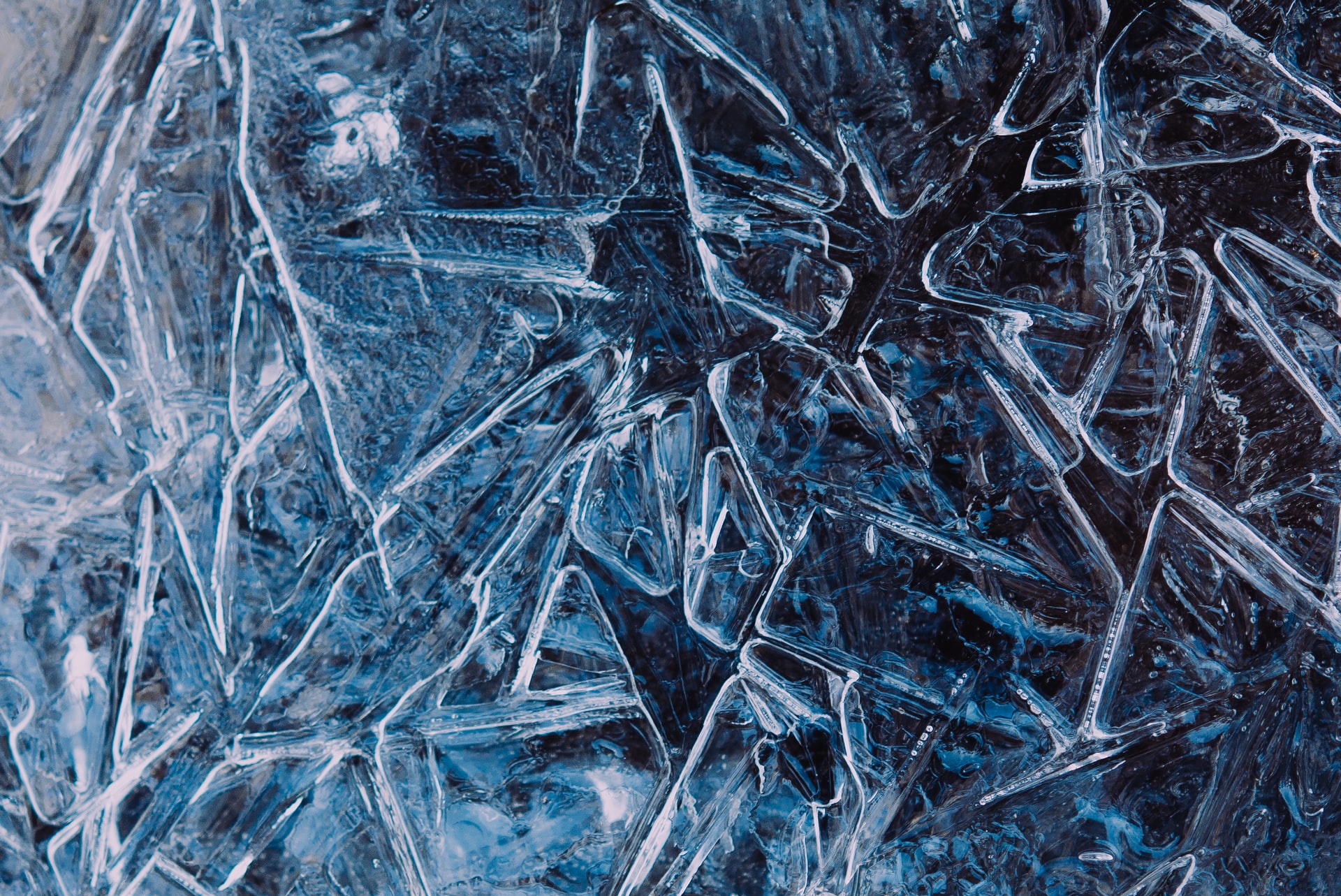Have you ever experienced opening up your fridge to get some ice cubes for your drink but were welcomed with empty trays instead?
It’s kind of frustrating, right?
But did you know there’s a simple and quite effective way to make ice cubes quickly? And that is to use hot water instead of cold!

Yes, you read that one right. It sounds counterintuitive, but it’s in fact real. This notion has been an age-old paradox. And for decades, physicists, even Aristotle and Rene Descartes alike, have studied and explained this puzzling phenomenon with noted observations.
So, why and how does hot water freeze faster than cold water?
This phenomenon where hot water turns into ice faster than cold water is more commonly known as the Mpemba effect. It was named after Erasto Bartholomeo Mpemba, a Tanzanian schoolboy who had first observed this phenomenon in their cooking classes in 1963. Mpemba, with his classmates, noticed that the hot ice cream mix froze quicker than those made from cool milk.

Even today, the reason behind this effect has been debated by scientists, and still, nobody knows the exact reason why this happens.
However, several theories came forward, but these proposed theoretical mechanisms cannot be confidently claimed as the definite reason why this happens yet.
Here are some proposed mechanisms that try to “explain” why hot water freezes faster than cold water.
It’s important to note that the freezing point of water is 32° Fahrenheit (0° C), and the time it takes to reach this point may vary under certain conditions.
Evaporation
Evaporation is the process of changing from a liquid into vapor, such as steam, fog, or mist. One example of this is when we sweat. The sweat in our body takes the heat energy away as it evaporates, making our body cooler. This is the standard understanding of evaporation.

However, another explanation for this is as the hot water evaporates—it reduces its mass, hence it freezes faster since it has less heat and water left to freeze.
Dissolved Gasses
Dissolved gases are simply gases that have been dissolved into another material, generally a liquid. This theory suggests that water commonly has dissolved gasses present, but hot water expels it (especially boiling water). And as these gases are removed, it reduces the water’s ability to conduct heat or changes the water’s freezing point by some significant amount. Hence, the hot water cools and freezes more quickly.
Convection
Convection is when warmer water rises up and pulls the cooler water down to replace it, creating a convection current (it also causes wind when applied to air). These currents also transfer heat from the water’s hot surface, accelerating the cooling process. As more heat gets reduced from the water’s hotter top surface, the water loses heat faster. You have probably also experienced this while taking a bath and the water gets colder faster than you wanted. Also, the higher the convection in the water, the faster ice crystals spread and freeze.
Supercooling
Supercooling, also called undercooling, is when the temperature of a liquid or gas is lowered, cooling it below its freezing point without becoming a solid.
Since water begins to freeze at 32° Fahrenheit or 0° Celsius, the water molecules will randomly stop moving around and form a solid ice lattice, since it is more energy efficient for them. One experiment found that hot water supercooled at about 28.4° F, while cold water supercooled at about 17.6° F. It means that cold water required more energy or work to get colder and freeze.
Experiment At Home!
There have been various proposed mechanisms to explain why hot water freezes more quickly than cold water. However, it’s also important to note that a wide range of factors or circumstances may affect this phenomenon, and the outcome may differ, especially if you’re planning to experiment at home.
Still, nothing would be lost if you will try it—it’s worth a shot.
- Clear room in your freezer for the three bowls or glasses.
- Using a marker and sticky notes, or paper with tape, write “Hot” on one of your labels. Repeat with labels for Warm and Cold.
- Place the labels on each of the containers.
- With the help of an adult and using a thermometer, heat 1 cup of water to about 100°F (37.8°C). Pour it into the container labeled hot. Be very careful not to burn yourself. Try to measure the volumes as exact as you can.
- Heat 1 cup of water to about 70°F (21.1°C), and pour it into the Warm container.
- Fill the Cold container with 1 cup of water that is about 40°F (4.4°C).
- Immediately place all three labeled containers in the freezer.
- Record the starting temperatures of each container in a notebook just before you put them in the freezer.
- Open the freezer door every 10 minutes and take temperatures with a thermometer of each container (hot / warm / cold). Record the temperatures in your notebook on separate lines and make notes if you one of the containers starting to freeze. Also record the time when you check them.
- Repeat this until the containers are all frozen.







